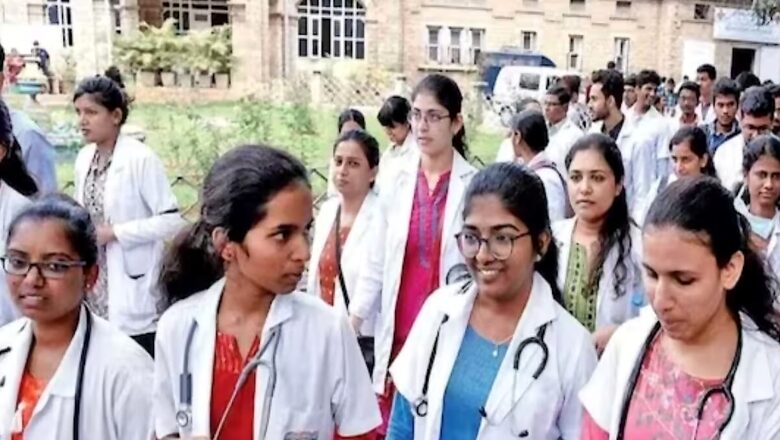
views
The National Board of Examinations (NBE) is expected to announce the results of the National Eligibility cum Entrance Test Super Specialty (NEET SS) by October 15, as per reports. Candidates can access the NEET SS result in PDF format on the official websites natboard.edu.in and nbe.edu.in. In addition to the scorecards, the cutoff scores for each of the 13 groups will also be published.
To pass the NEET SS exam, candidates need to achieve a minimum percentile of 50. A rank list will be created for each speciality based on the marks obtained. The NEET SS exam took place on September 29 and 30. This exam serves as the gateway for securing admission to 2,447 seats for Doctors of Medicine (DM) and Masters of Surgery (MCh) programs across 156 government and private medical colleges, as well as Armed Forces Medical Service (AFMS) institutions.
The NEET SS results for 32 super specialities are available to those who took the admission exam.
NEET SS Result 2023: How to Download
A PDF of the NEET SS result is made available online. Candidates who took the exam can follow these instructions to download the NEET SS result 2023:
Step 1: Navigate to the official website of NBE-nbe.edu.in or natboard.edu.in
Step 2: Select NEET SS from the tab, on the homepage.
Step 3: Now, choose the result PDF for the respective super speciality course.
Step 4: You need to scroll down the list to find the NEET SS roll number.
Step 5: Then, check the marks and rank secured in the PDF.
Step 6: Lastly, save the NEET SS result.
For each super-speciality course, there will be a distinct merit list. This list will be based on the scores achieved by candidates in the entrance exam. Those who meet or exceed the specific cutoff scores set by each speciality will be deemed qualified for the examination.
In accordance with the scoring system, there were 150 total questions on the NEET SS 2023, each worth 4 marks. No marks will be awarded for questions that are not attempted, and one mark will be deducted for each wrong response. The NEET SS is a group-based test, and the question bank will only include questions from broad specialty primary feeders. There are thirteen such distinct groups. Previously, the exam paper was made up of 40 per cent of feeder broad specialty questions and 60 per cent of super specialty questions.




















Comments
0 comment